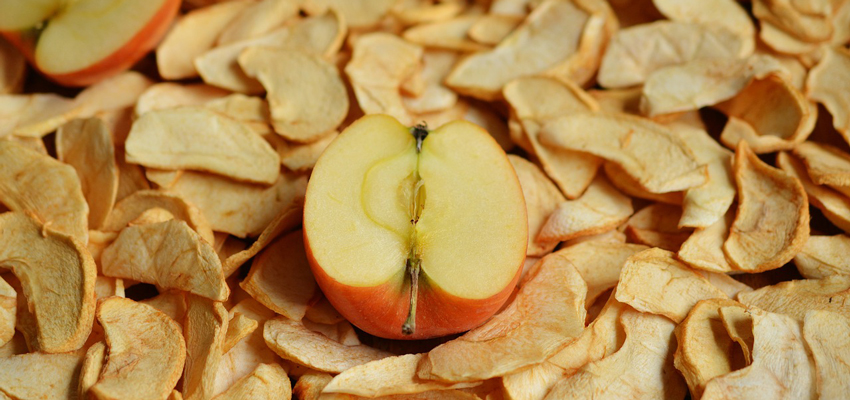The EFSA* database of processing factors for pesticide residues has been updated. The factors consider any changes in the residue levels of unprocessed agricultural products compared to the final product.
Certain processing steps of the raw materials can lead to both a depletion (e.g. peeling, heating) and an accumulation (drying, concentrating) of residues. With the help of the factors, the assessment of the marketability of processed products with regard to possible residues should be comprehensibly justified. However, these values can only serve as a guide if no individual data has been determined for the respective production process. If manufacturers are convinced that their processes are not adequately described by these factors, they are required to determine their own values experimentally.
The update of the EFSA database with the 2nd revision now contains 2651 studies, from which 17,937 individual and 4,229 averaged processing factors were determined. In addition, the revised version considers whether the treatment with the pesticide took place before or after the harvest or whether the pesticide active substance was added to the sample for the study in order to observe the processing effect.
Newly added are test results on the baking behaviour of treated apples and on the production of wheat semolina.
You can find the complete overview .
YOUR PLUS: The residue laboratories of the AGROLAB GROUP not only support food manufacturers in determining process- and product-specific processing factors through accompanying analyses - from the raw material to the end product - but also use the EFSA database for the optional evaluation of results from processed products.
*EFSA: European Food Safety Agency
Autor: Dr. Frank Mörsberger

 Contact
Contact

 Contact
Contact Career
Career